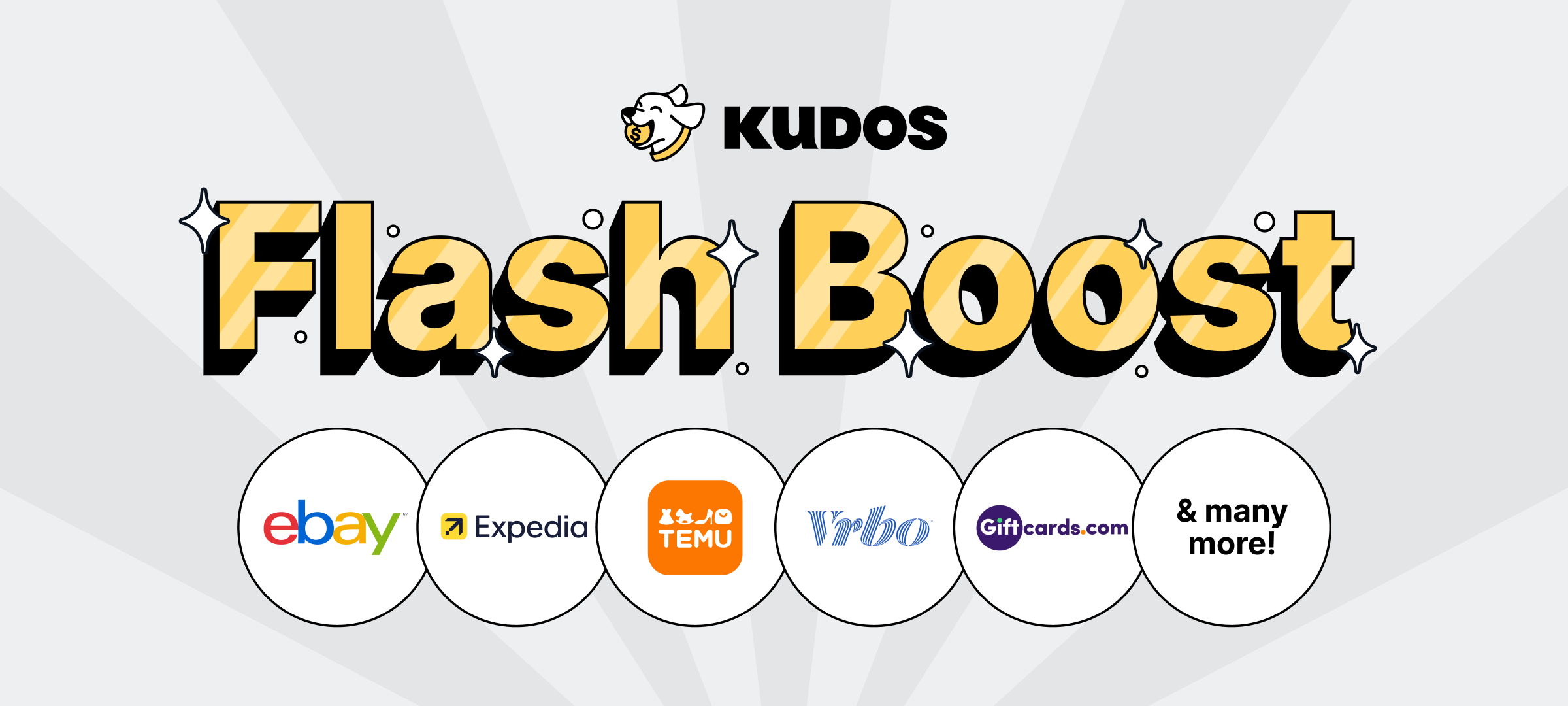
Kudos has partnered with CardRatings and Red Ventures for our coverage of credit card products. Kudos, CardRatings, and Red Ventures may receive a commission from card issuers. Kudos may receive commission from card issuers. Some of the card offers that appear on Kudos are from advertisers and may impact how and where card products appear on the site. Kudos tries to include as many card companies and offers as we are aware of, including offers from issuers that don't pay us, but we may not cover all card companies or all available card offers. You don't have to use our links, but we're grateful when you do!
Does Lease Report to Credit Bureaus
July 1, 2025


Quick Answer
Typically, your standard lease agreement and monthly rent payments are not reported to the major credit bureaus. However, many landlords and third-party services now offer opt-in rent reporting, allowing you to build credit history with on-time payments.
Lease and Your Credit
A lease agreement allows you to use an item for a set period, often with an option to buy. Companies offering these plans, especially for products like electronics or furniture, may report your payment history to credit bureaus, making the lease function similarly to an installment loan.
Like other credit accounts, these leases can influence your credit score. Consistent, on-time payments can help build a positive credit history. Conversely, missed or late payments are likely to be reported by the lessor, potentially lowering your score and impacting future borrowing ability.
Does Lease Report to Credit Bureaus?
There is no public information confirming if Lease reports to credit bureaus. While many financial services do, practices vary. For a definitive answer on what information is shared and when, contacting Lease support directly is the best approach. Generally, lenders report based on specific triggers, including:
- Account Opening: The creation of your new account is a standard reportable event that establishes the tradeline on your credit file.
- Statement Closing Date: Lenders typically report your current balance and payment status to bureaus once your monthly statement period has closed.
- Late Payments: Payments are usually reported as late only after they become 30 days or more past the due date.
- Account Closure: The closure of an account, whether initiated by you or the lender, is also reported to the credit bureaus.
Who Does Lease Report Credit Information to?
Although Lease does not publicly disclose which credit bureaus it partners with, lenders generally report to the three major credit reporting agencies:
- Equifax
- Experian
- TransUnion
When does Lease Report to Credit Bureaus?
There isn't a set calendar date or a specific timeframe when a lease automatically reports to credit bureaus. Unlike a credit card company that typically reports your activity every 30 days, lease reporting is event-driven. This means a report might be triggered by specific occurrences, such as your landlord opting into a rent-reporting service, a missed payment that gets sent to collections, or the final status of your account when you move out. Ultimately, whether and when your lease information appears on your credit report depends entirely on your landlord's practices and the events that unfold during your tenancy.
How Reporting Can Affect Your Credit Score
Positive impact
- Consistent, on-time rent payments build a positive payment history, the most heavily weighted factor in both FICO and VantageScore credit scoring models.
- A rental tradeline diversifies your credit mix, demonstrating to lenders that you can responsibly manage various types of financial obligations, potentially raising your score.
Potential negatives
- Late or missed rent payments are reported as delinquencies, directly harming your payment history and causing a substantial, immediate drop in your credit score.
- Breaking a lease or an eviction that results in collections will add a severe negative mark, damaging your credit profile for several years.
Tips for Managing Credit with Lease
Here are several actionable strategies to help you effectively manage your credit while leasing:
- Always pay your lease installments on or before the due date. Consistent, timely payments are crucial for building a positive credit history with any lender.
- Regularly review your credit reports to ensure your lease payments are being reported accurately. Promptly dispute any errors you find with the credit bureaus.
- If you foresee difficulty making a payment, contact your leasing company beforehand. They may offer solutions that can help you avoid a negative credit mark.
- Understand the financial implications of your lease-end choices, such as buyouts or returning the vehicle, as they can impact your overall financial health and credit.
- Avoid breaking your lease agreement early, as it often comes with significant fees and can negatively affect your credit score. Fulfill the entire term if possible.
Frequently Asked Questions
What if my landlord doesn’t report my rent payments?Most landlords don't report rent automatically. You can use a third-party rent reporting service to get your on-time payments added to your credit files. These services verify your payments with your landlord and then submit the data to the credit bureaus on your behalf.
Can a broken lease hurt my credit score?Yes, it can. If you break your lease and owe money for unpaid rent or damages, your landlord might send the debt to a collections agency. This collection account can then be reported to credit bureaus, significantly lowering your credit score for several years.
How long does a lease-related item stay on my credit report?Positive rental payment history can remain on your report indefinitely, helping your score. However, negative items like a collection account from a broken lease will typically stay on your credit report for up to seven years, impacting your ability to get new credit.
Get More From Your Credit Cards
For those wanting to maximize their credit card rewards, Kudos is the premier free shopping tool for your online purchases. We are also giving you $20 back after your first qualifying transaction when you sign-up for free using the code "GET20" and buy from a Boost merchant.
Unlock your extra benefits when you become a Kudos member

Turn your online shopping into even more rewards

Join over 400,000 members simplifying their finances

Editorial Disclosure: Opinions expressed here are those of Kudos alone, not those of any bank, credit card issuer, hotel, airline, or other entity. This content has not been reviewed, approved or otherwise endorsed by any of the entities included within the post.



































.webp)







